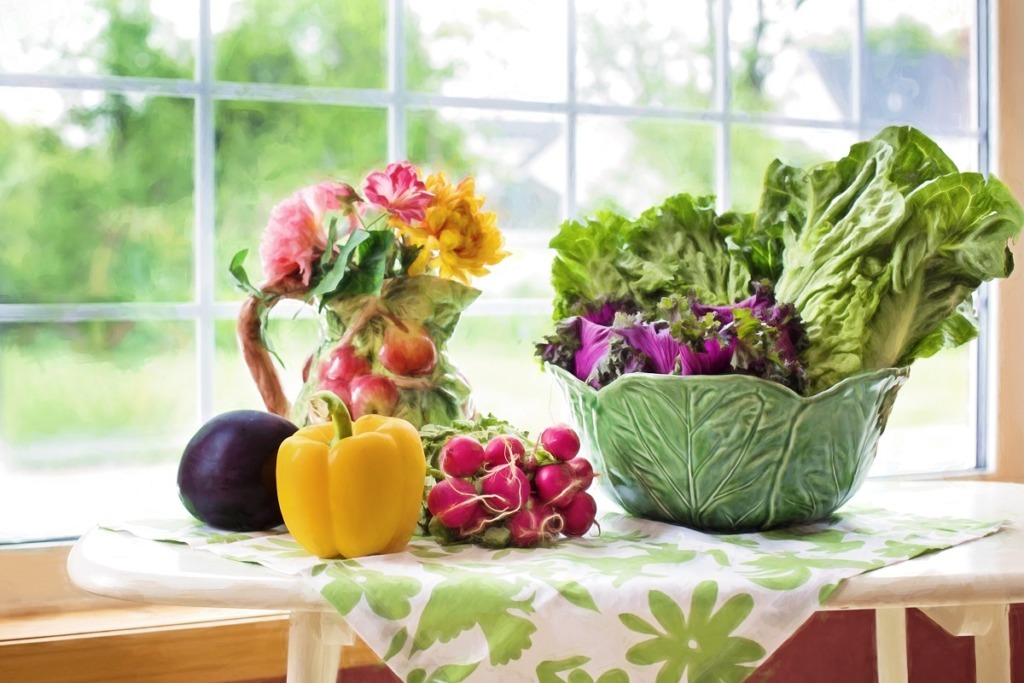
Written by Yoko Inoue
There are many reasons for the plant-based lifestyle’s rise in popularity. As a result, the motivation behind the ethos plays a role in what a plant-based diet looks like. It’s not a set diet or lifestyle, in fact, for some it’s a diet and for others, it’s a lifestyle. Living in accordance with plant-based principles can be as basic or as in-depth as you want it to be. The most common differences lie in the difference between a plant-based diet and a vegan diet.
Vegan or plant-based?
Vegan versus plant-based, is there a difference? The difference lies in the ethos behind the lifestyle choice. Both are rewarding, positive, and beneficial in their own ways. Choosing the one that is right for you is completely individuals.
Vegan diets are motivated by animal welfare beliefs, these individuals avoid all animals products. This can include dietary products and foods, like dairy, eggs, and meat but it can also include lifestyle items, like leather. For other people following a vegan lifestyle, the motivation lies in wanting to reduce greenhouse gases and return to a sustainable way of living.
Plant-based and whole foods diets are motivated by health benefits. This, like veganism, attracts heated debates and remains a controversial topic. However, there are more doctors and researchers pointing to the health benefits they have discovered in the research when a plant-based diet is followed. These diets restrict processed foods and any plant-based products that are not in their whole form, like oil, which should only be consumed as part of the plant/nut/seed it comes from. This means no vegan products, like meat substitutes, vegan cheese, or fast foods.
The benefits of plant-based eating
Following a plant-based lifestyle also invites more opportunity to eat foods that are raw. There are many benefits to raw foods; their micronutrients are intact and unharmed by the heat, enabling the delicate (but essential) microorganisms that enable easier digestion and nutrition absorption, to do their job.
- Research also indicates that plant-based diets are incredibly beneficial to kidney disease patients, often improving GFR function.
- Plant-based diets, even when applied with fruit and other wholefood carbohydrates, have a positive effect on insulin resistance, proving to be incredibly beneficial to diabetes patients.
- Eating a diet of plants makes it easier to have a conscious relationship with your food. You can (if you choose) grow it yourself, source it sustainably, prepare it yourself, and give it your full attention when you eat it. This act of conscious eating promotes a meditative state of being and can actually rewire the brain to have a positive relationship with food, rather than seeing it as something to limit, avoid, or measure.
- Plant-based diets are dense nutrients and fibre but low in calories, meaning you can eat far larger portions and never worry about counting calories.
How to get started
The best way to start on a plant-based diet is to increase your intake of natural, whole, delicious plants. Choose fruits and vegetables that you genuinely enjoy. The key to a successful new journey lies in not just doing it because it’s good for you, do it because you’re expanding your palette and because fruits and vegetables are magnificent.
A great way to aid digestion and improve the nutrient uptake of your entire meal is by starting your meal with leafy greens, like a salad, or any plant-based foods that are unprocessed. If you don’t enjoy leafy greens, create something you do enjoy. Personalise it so that it appeals to your taste buds.
Start your day with a portion of nutritious whole food, even before you have coffee. By the time you have your first cup of mocha, your body is already on the receiving end of good nourishment.
There are great ways to improve your knowledge on plant-based living, transitioning to a plant-based approach to diet and thriving on it. With so many incredible professionals who have spent their lives researching nutrition and plant-based living, leverage that knowledge for your own purpose.
What is a whole food plant What is a whole food plant What is a whole food plant What is a whole food plant What is a whole food plant



